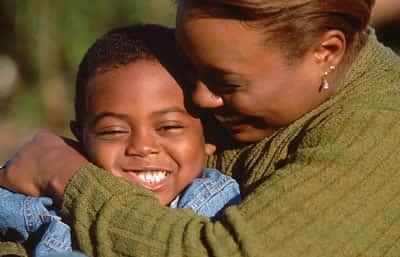During the Thanksgiving holiday, there’s a lot written and discussed about gratitude, why it’s an important quality to nurture, and that we as parents should be intentional about instilling that quality in our children. I don’t disagree.
A lot of parents of young children wrestle with how best to help their children both feel and express thankfulness – and not just at this time of year. One of the best ways, of course is to model gratitude.

It can be frustrating, however, when young children don’t seem grateful and are always asking for more. It may surprise you to learn that part of why children may seem unappreciative lies in how children grow and develop. It might be a relief to know that you are not fully responsible for your children’s behavior in this area. Rather, according to this article, “typical child development plays a role in explaining your children’s behavior as it relates to gratitude.”
It goes on to say that normal, healthy children are born lacking in judgment, impulsive, and egocentric. Knowing something about child development will help you support and guide your child in moving from being a toddler, when sharing is rarely possible, to preschooler and beyond. You can find activities to help with social-emotional development for babies, toddlers, and preschoolers here.
As a parent, you may find it comfortable to model thankful behaviors for your children, such as teaching them to say please and thank you, encouraging them to share their toys, or making positive comments to others. But you may also find it very UNcomfortable to feel and express gratitude or appreciation to yourself.
Most parents these days have multiple responsibilities and demands on their time. With pressure to “be the best you can be,” we can often feel depressed, like a failure, or not doing enough either at home or at work. Here are some ideas to help deal with the challenges and have a more rewarding parenting experience. More can be found here.
Prioritize self-care and sleep. Exhaustion and lack of self-care are often the hallmarks of parenting, but they don’t have to be! To the best of your ability, give yourself the same care that you give your children, in terms of healthy food, sleep, and exercise.
Aim for optimism. Always fearing or expecting the worst makes for anxious parenting. Aiming for a more optimistic approach may require retraining your brain, but it’s worth it.
Give yourself praise. Children push us to our limits, invoking feelings of inadequacy. Instead of telling yourself that you’re screwing up, shift your focus on what’s going well. Spend some time each day focusing on what you’re offering your child and how well you’re doing. Pat yourself on the back for small accomplishments. By getting into a habit of praising yourself, you can reduce the unnecessary guilt that so many of us parents experience.
Focus on gratitude. The power of gratitude may have become a social media cliché, but this important component of self-love shouldn’t be ignored. Children offer numerous reasons to be grateful, including their health, accomplishments, and unconditional love. Being grateful for moments large and small expands our well-being and self-worth. Try ending each day with a nod to gratitude, and notice the benefits!
Happy Thanksgiving!

